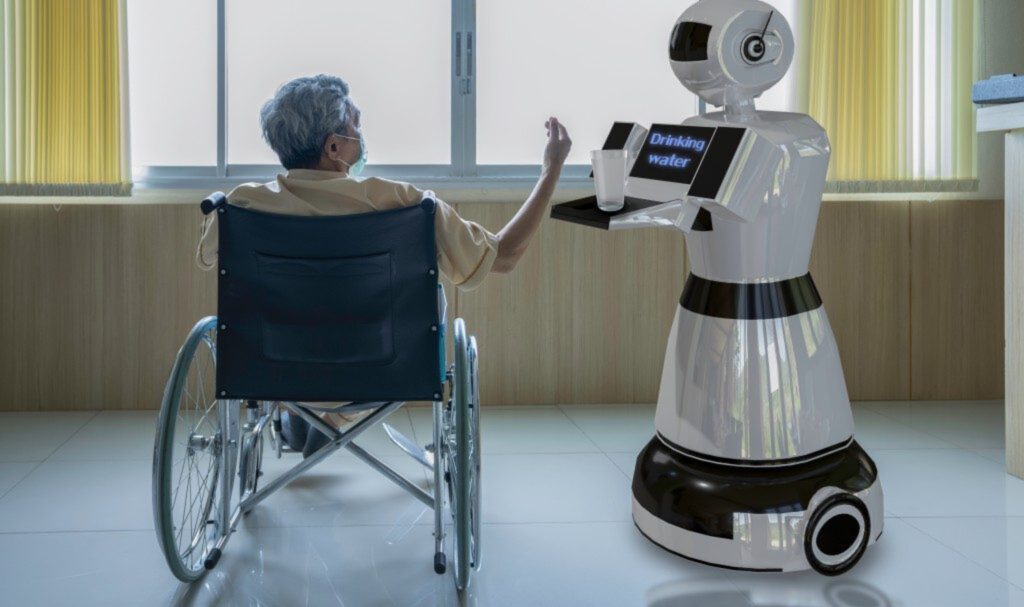Trends in Elderly Care in Hong Kong
As Hong Kong’s population ages rapidly, the elderly care sector is experiencing significant changes to meet the evolving needs of seniors and their families. With approximately 20% of the population projected to be aged 65 and older by 2030, understanding the latest trends in elderly care is crucial for service providers, policymakers, and families. Here are some key trends shaping elderly care in Hong Kong.
1. Increased Demand for Home-Based Care
Many seniors prefer to age in place rather than moving to residential care facilities. This shift has led to a growing demand for home-based care services, including personal care, nursing, and companionship.
Implications:
- Service Expansion: Providers are expanding their home care services to include more comprehensive offerings, such as rehabilitation and specialized medical care.
- Technology Integration: Home care services are increasingly incorporating technology, such as remote monitoring and telehealth solutions, to enhance care delivery.
2. Focus on Wellness and Preventive Care
There is an increasing emphasis on wellness and preventive care in elderly services. This trend is driven by a desire to improve the quality of life for seniors and reduce healthcare costs associated with chronic illnesses.
Implications:
- Wellness Programs: Care providers are offering wellness programs that include fitness classes, nutritional counseling, and mental health support.
- Health Education: Educational initiatives aimed at seniors and their families about healthy living and disease prevention are becoming more common.
3. Technological Advancements
Technology plays a crucial role in modern elderly care. Innovations in health monitoring, communication, and mobility are enhancing the quality of care and making it more accessible.
Implications:
- Telehealth Services: The adoption of telehealth has surged, allowing seniors to consult healthcare professionals from home, which is especially valuable during the COVID-19 pandemic.
- Smart Home Technology: Devices like fall detectors, medication reminders, and smart home systems are becoming popular among seniors, helping them maintain independence.
4. Cultural Sensitivity in Care Services
Hong Kong’s diverse cultural landscape necessitates a culturally sensitive approach to elderly care. Understanding the cultural backgrounds and preferences of seniors is essential for effective care.
Implications:
- Culturally Relevant Programming: Care services are increasingly incorporating cultural practices and languages into their offerings to better serve the elderly population.
- Training for Caregivers: Training programs are being developed to educate caregivers on cultural competence and sensitivity.
5. Integration of Mental Health Services
Mental health is an integral part of overall well-being, and there is a growing recognition of the importance of mental health services for seniors. Addressing mental health needs can significantly improve quality of life.
Implications:
- Counseling and Support Groups: Many elderly care providers are offering counseling services and support groups to address issues such as loneliness and depression.
- Training for Care Staff: Care staff are receiving training to recognize and respond to mental health needs among seniors.
6. Policy Support and Regulation
The Hong Kong government is increasingly focused on developing policies to support elderly care. This includes funding for services, regulatory frameworks, and initiatives to encourage private sector involvement.
Implications:
- Increased Funding: Government initiatives to increase funding for elderly care services are enabling providers to expand and improve their offerings.
- Regulatory Standards: Stricter regulations are being established to ensure quality care and protect the rights of seniors.
Conclusion
The elderly care landscape in Hong Kong is evolving in response to demographic changes, technological advancements, and shifting societal attitudes. As demand for home-based care and wellness services grows, providers must adapt to meet the diverse needs of seniors. Emphasizing cultural sensitivity, mental health support, and the integration of technology will be crucial for delivering high-quality elderly care in the years to come. By keeping pace with these trends, stakeholders can ensure that Hong Kong’s aging population receives the care and support they need to thrive.
photo source:
https://sweden.se/life/society/elderly-care-in-sweden
https://www.asianscientist.com


